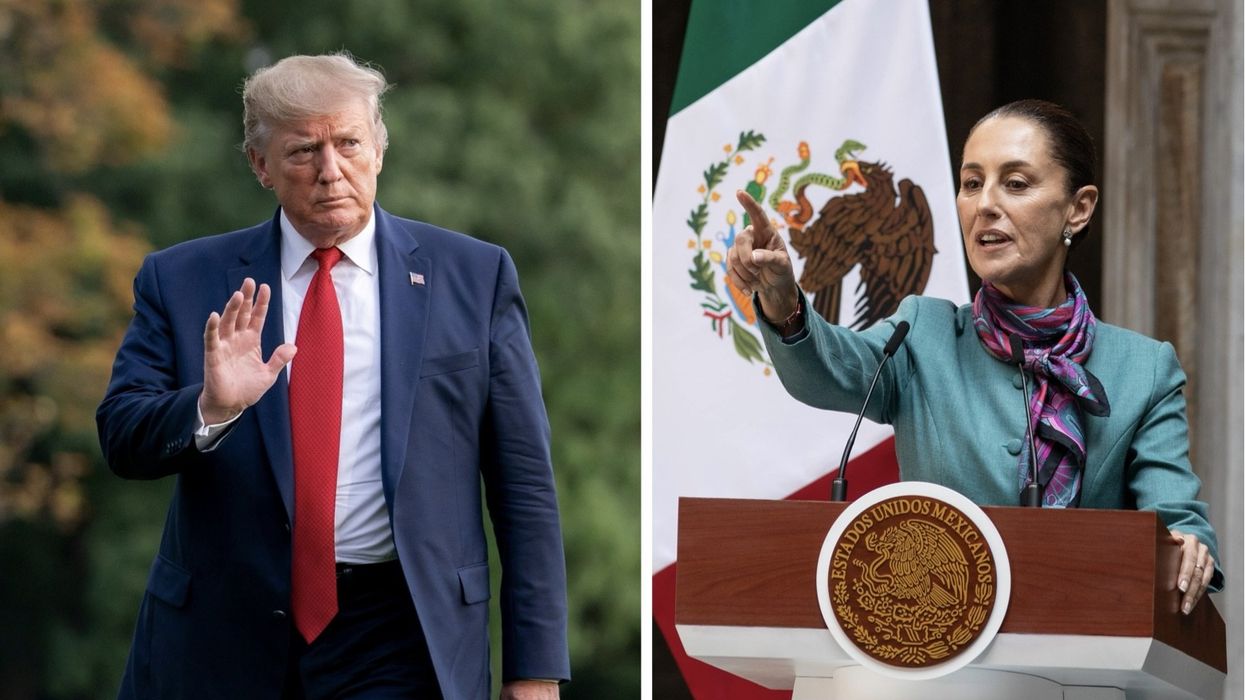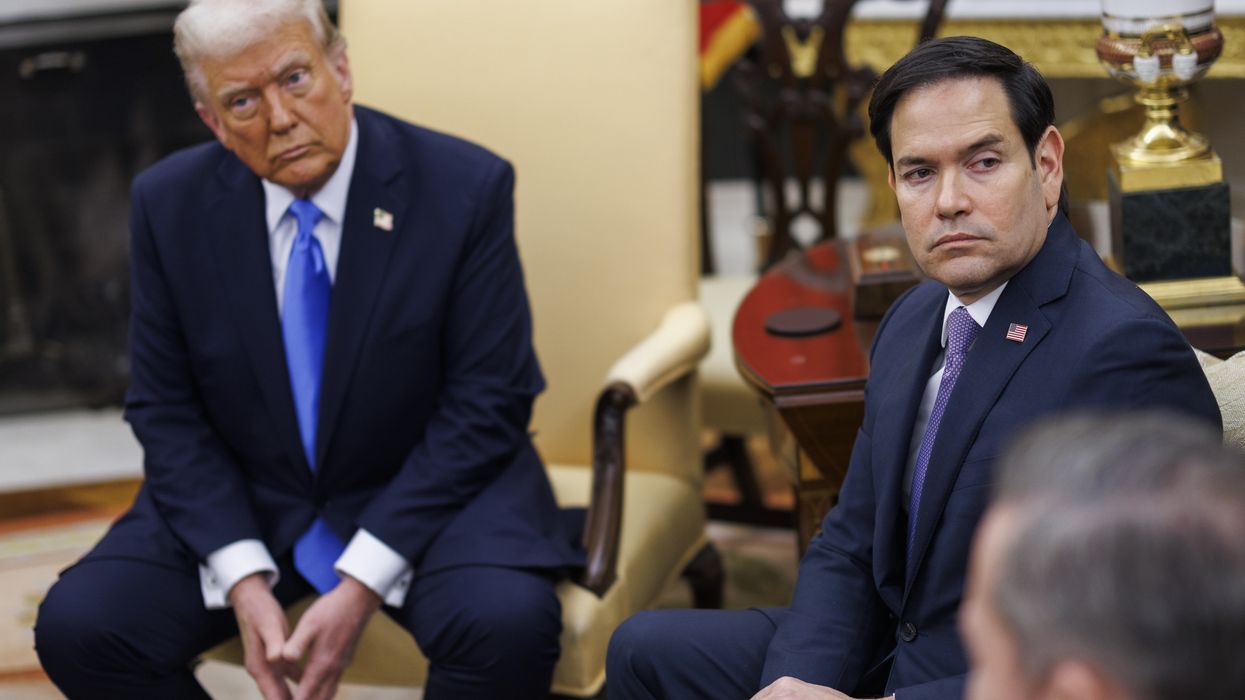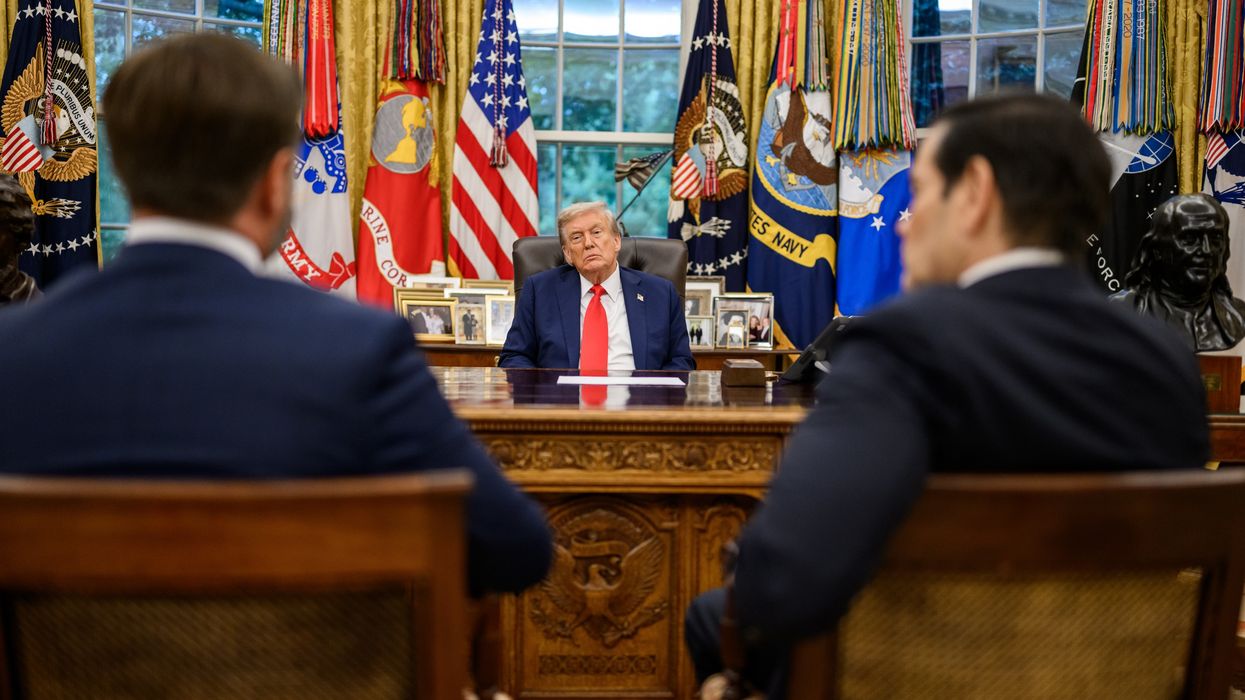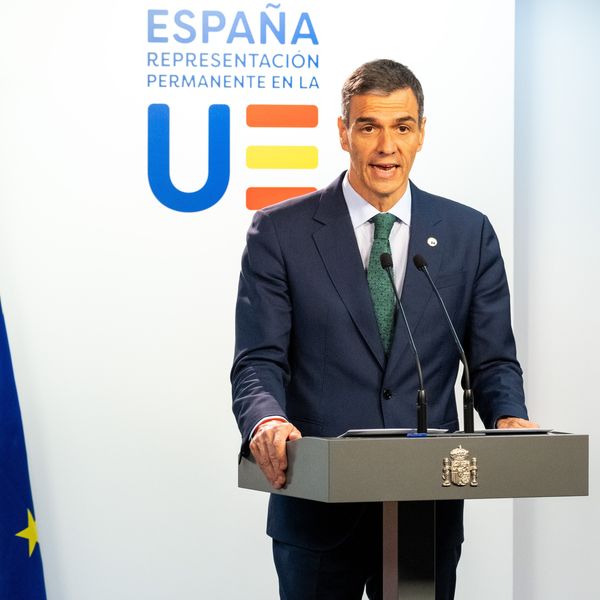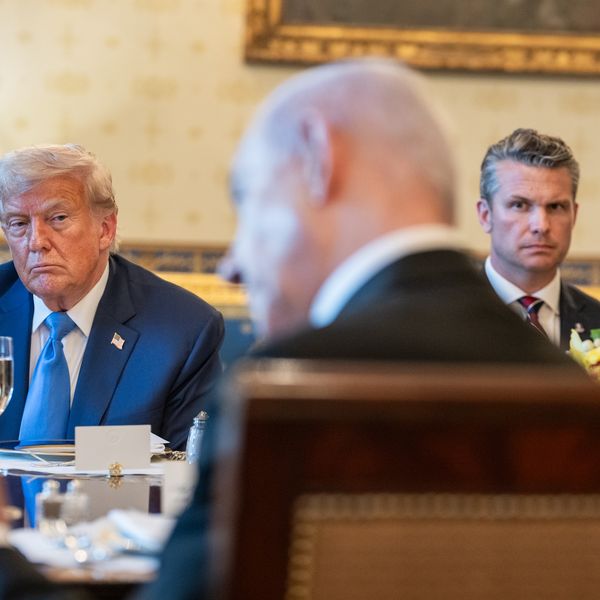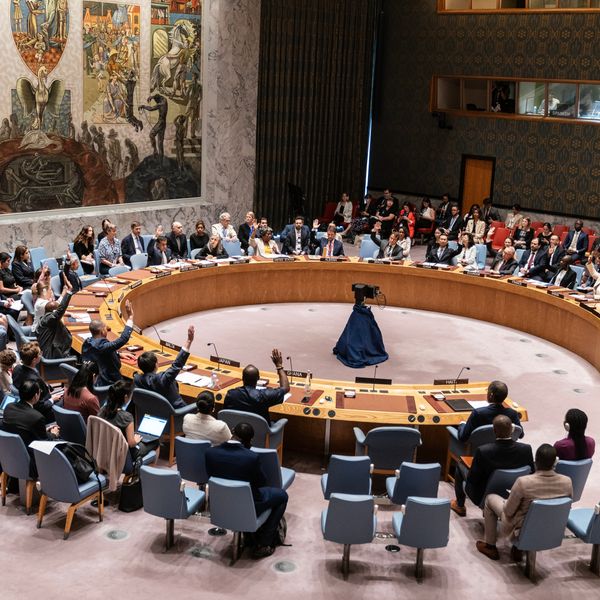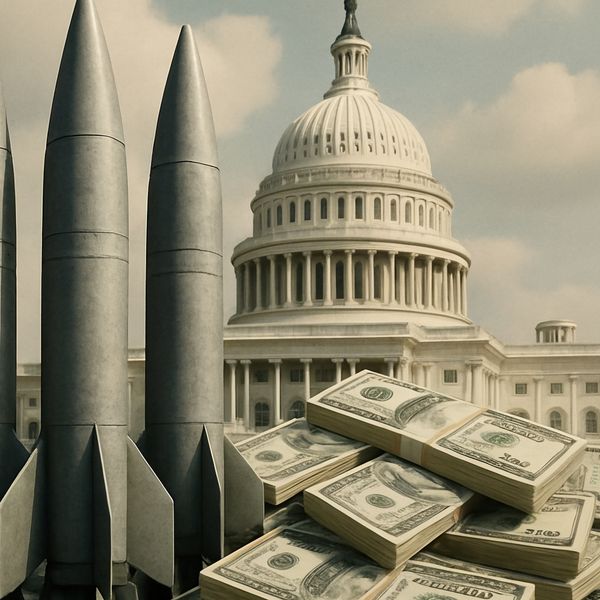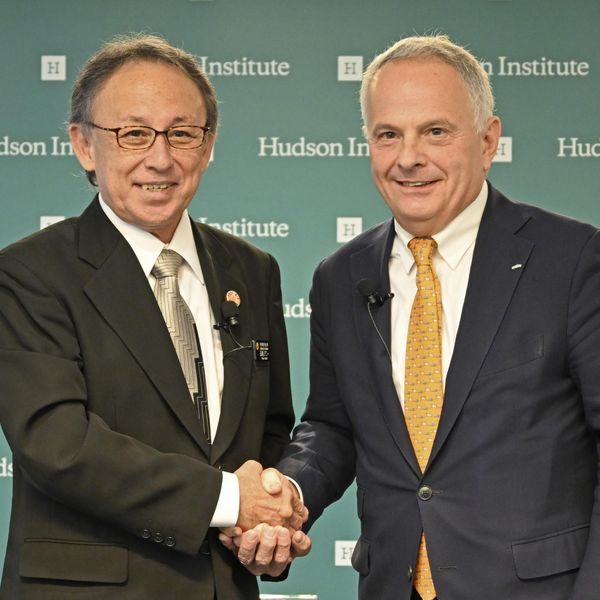The European Union ambassador to China recently lambasted Beijing's peacemaking attempts amidst the Russia-Ukraine conflict, insisting that, “There can be no so-called neutrality." U.S. officials have issued similar criticisms, targeting both China and the many other states that have declined to join Western sanctions efforts against Moscow, or, in some cases have joined Beijing, New Delhi, and 30-some others in also abstaining from condemnation of Russia's invasion at the UN General Assembly. "Countries think that abstaining is neutrality," Washington's UN Ambassador Linda Thomas-Greenfield has said, "[but] it’s not neutrality. ...You can’t be neutral in the face of those kinds of events."
In fact, whether or not Thomas-Greenfield is correct about obligations for states to issue condemnations — a point much debated in international law — she and others raising critiques over "so-called neutrality" are wrong on at least one score. Few of the states criticized, even those clearly staking out a de facto neutral position, are explicitly using the term. Ironically, the main exceptions have been states with long-established general policies of military neutrality, such as Ireland, Austria, Switzerland, who nonetheless are joining in sanctions against Russia but have so far pledged to provide only non-lethal aid to Ukraine. By contrast, China, India, and many other states unwilling to take an explicit stance favoring either side have opted instead to simply avoid calling the conflict a "war" in the first place.
This topsy-turvy rhetorical situation is symptomatic of a broader breakdown in the concept of neutrality, which traditionally was employed to define a specific status and accompanying set of rights and duties for third states vis-à-vis warring parties. Like many aspects of international law before the Cold War era, neutrality law was less idealistic than it was (at least in theory) positivist, i.e. based on specific, identifiable, binding legal authorities. The ability to assert neutral status was considered a right inherent to equal statehood, making its attainment a much-desired goal for non-Western peoples facing colonial encroachments. This was clearly reflected in China's history with neutrality, with lasting implications today.
Early during the First World War, for example, a talented Chinese Ph.D. student in law at the University of Paris wrote a detailed essay about his country's new neutrality regulations. Zhou Gengsheng, soon to become a friend of Zhou Enlai and later considered one of the most influential founders of the international law profession in China, explained that "although in principle nothing changes for a neutral state...in reality the warring parties in a life-or-death struggle look jealously upon it as a potential beneficiary to their enemy...while the neutral state tries desperately to maintain peaceful ties and a normal course of trade."
Beijing's neutral status in that particular conflict would not last much longer. After some agonized internal debates, it made the fateful decision to join the Entente powers in time to derive (limited) benefits from this decision during postwar deliberations. But for decades to come, as had been the case for a long time before, one of the main concerns for Chinese policymakers was how to ensure a relatively safe position in the state's foreign relations, avoiding as much as possible entanglement in foreign wars or the rivalries of hostile blocs. Neutrality and its pursuit has been a key aspect of China's foreign policy history at least since the Qing authorities made use of related principles in 1864 to effectively assert, for the first time, China's equal status as a territorial sovereign state vis-à-vis Western powers. That affair, culminating in Prussia's apology and relinquishment of a Danish vessel seized in Chinese waters during the Second Schleswig War, marked the first known instance of Chinese diplomatic insistence on Western-style sovereignty (主权) and its rights.
As these and other episodes would demonstrate, being recognized as a neutral power with the attendant rights and duties was also a kind of achievement of status, of a sort that hardly went without saying for non-Western peoples during the age of high imperialism. That sensibility would leave a lasting legacy. One of the main themes of PRC foreign policy during the Cold War was the insistence on a non-aligned and "non-alliance" position with respect to the U.S. and Soviet blocs after the Sino-Soviet split, while even beforehand it eschewed formal mutual defense commitments. The "non-alliance" rule has also now been codified as one of the pillars of Xi Jinping’s Thought on Diplomacy, likely cementing its status for years to come.
Although the word "neutrality" itself has a far more limited role in Chinese foreign policy discourse today as compared with the early 20th century and even the early decades of the People's Republic of China, the concept continues to be important in a way that is also true of various other states that have traditionally put emphasis upon the notion. Some of its legacy of pursuing neutral status should still be read into China's insistence on an "objective and impartial" (客观公正立场) stance on the Ukraine conflict, as reflected in its recent joint statement with Russia, as well as the language used by MOFA spokespersons. This curious set expression is most often used in China in the context of prosecutorial and journalistic ethics, not in international relations. It has, however, seemingly seeped into the latter context in recent years, including in connection with the attitude that China demands of foreign states as to issues such as the Hong Kong protest movement and anti-Covid policies.
China's decision to studiously avoid explicit references to "neutrality" (中立), in favor of these sorts of ersatz alternatives, likely has mostly to do with the self-limitations brought about by explicitly assuming a neutral status under customary international law principles. Although there is no evidence that Beijing seeks to provide direct military aid to Russia, as White House officials have repeatedly speculated, insinuated, or claimed outright, adopting an official status of neutrality per the law of war would more formally rule out that option. Of course, many states in the West that early on adopted just this approach to the conflict have ended up changing their minds, as NATO actively mobilized support for Kyiv. And now, Europe's last neutrality holdouts, even Switzerland, are at least contemplating this shift.
Ironically, though, if Washington really wants to ensure that China does not provide military assistance to Russia or remedy its dwindling supplies of materiel, it should be taking precisely the opposite course. The Biden administration should want China (and India, South Africa, and various others who will not be convinced to join the West's de facto coalition) to play by the rules of traditional neutrality, which prohibit direct intervention or arms sales. For every vague, over-generalized, "values" laden formula that Washington can come up with to defend its policy choices, Beijing is more than capable of doing the same. But clear, crisp legal rules setting out expectations for specific conduct by states that have not yet reached consensus about big picture, substantive issues — i.e., the original mandate of the law of war, including that of neutrality — should still have a role to play in today's world.

